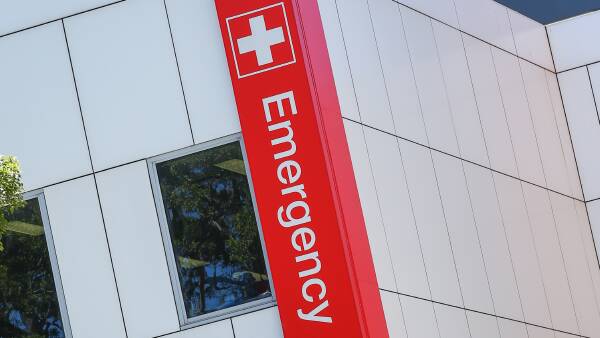
Visitors and patients at Wollongong and Shoalhaven hospitals are invited to provide feedback on the use of body-worn cameras by security personnel as part of a statewide trial. This initiative, which began in February 2023, aims to enhance safety for hospital staff and the surrounding community.
The trial is a collaboration involving 15 public hospitals across New South Wales (NSW) and is set to run for 12 months. It seeks to evaluate whether body-worn cameras can serve as an effective deterrent against violent or aggressive incidents within hospital settings. Feedback is being collected via a survey that is open until November 30, 2023, and is available to any member of the public who has visited either hospital during the trial period.
Leading the evaluation is Dr. Amanda Davies from the Charles Sturt School of Policing Studies. Commissioned by NSW Health, her research team will assess the impact of the cameras on incident de-escalation. “The purpose of the trial is to evaluate whether body-worn cameras are effective in de-escalating incidents where there is an imminent risk to safety,” Dr. Davies explained. She previously conducted evaluations for the NSW Police Force and the NSW Sheriff’s Office related to similar camera trials.
According to NSW Health, responses to the survey will remain anonymous, ensuring that participants can express their views freely. The feedback will help inform future decisions regarding the deployment of body-worn cameras in healthcare environments.
Impact of Body-Worn Cameras on Safety
In scenarios where security personnel encounter aggressive situations posing a threat to staff or patients, the body-worn cameras will be activated to record the incident. This trial aims to determine the effectiveness of the cameras in both deterring violence and de-escalating potentially dangerous circumstances.
Data from Wollongong’s emergency department indicates that from July 2023 to June 2024, 12 percent of patients reported feeling threatened by other individuals within the hospital. These figures underscore the need for enhanced security measures.
The introduction of body-worn cameras represents a proactive approach to safety in hospitals, aligning with broader efforts to improve security protocols in public healthcare facilities across NSW.
As the trial progresses, the insights gathered from public feedback will be crucial in assessing the utility of these cameras in creating safer hospital environments. Those interested in participating in the survey can complete it online, contributing to this important evaluation of hospital safety measures.






